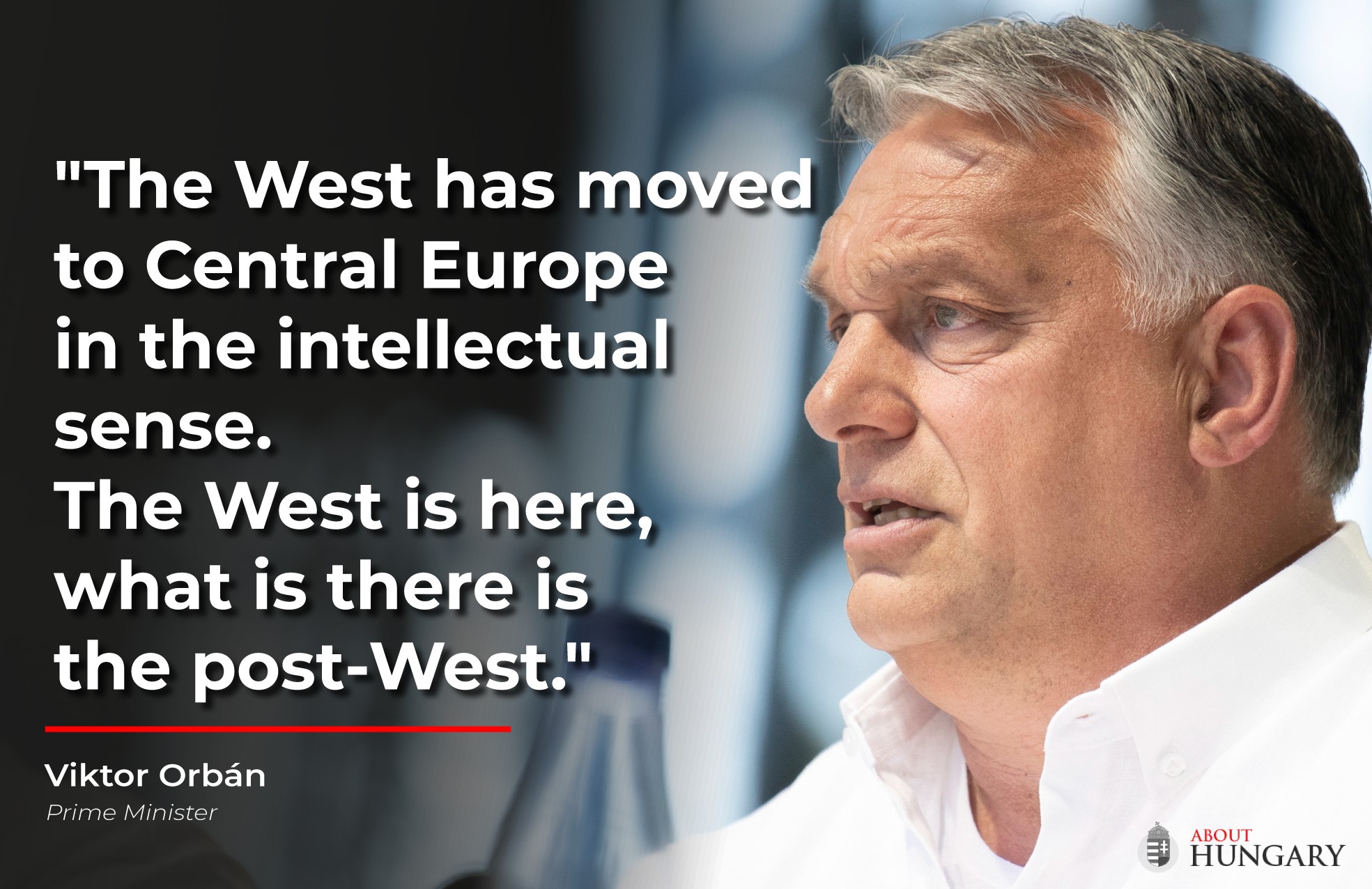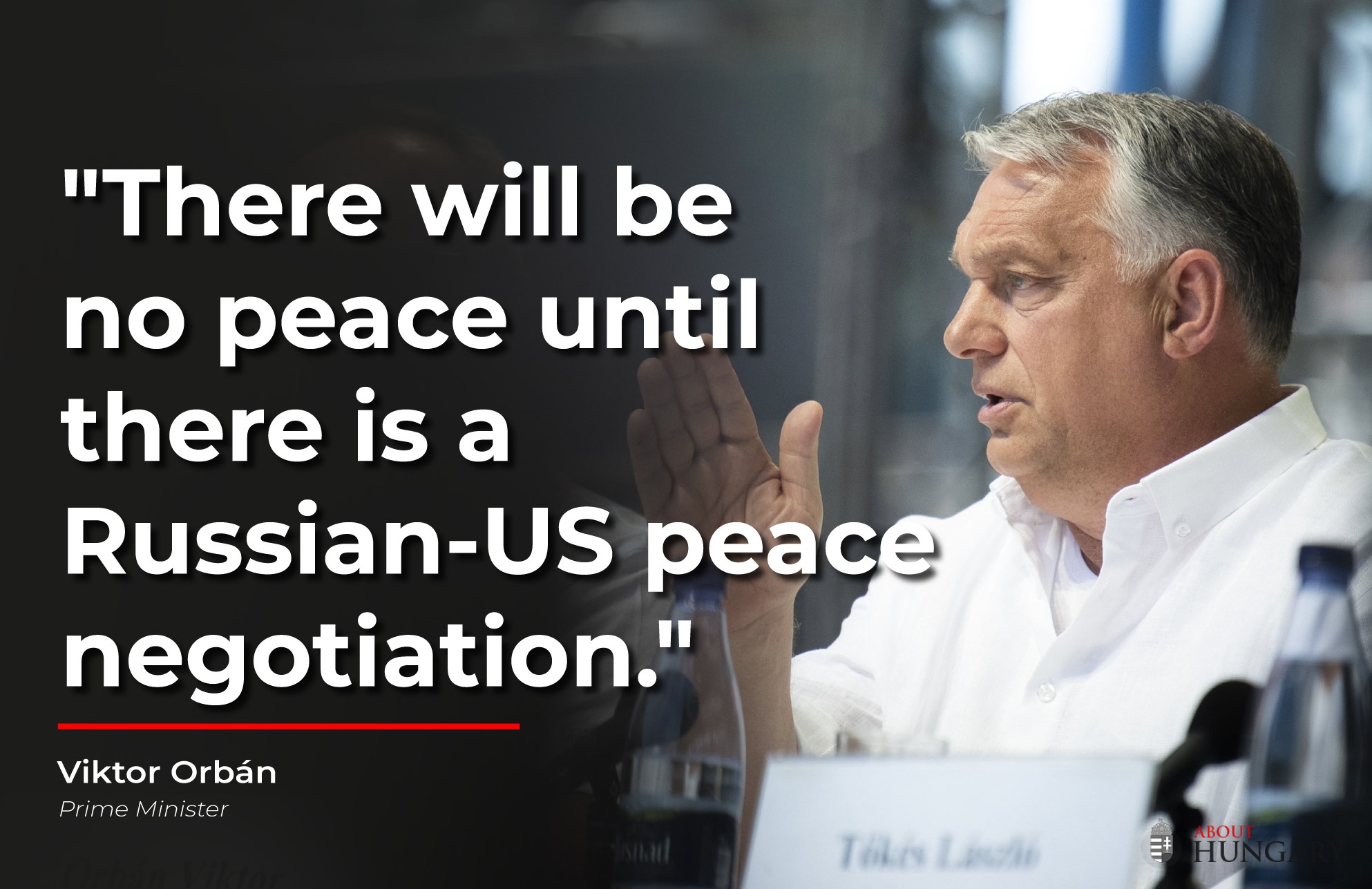“And in this matter, as it is a matter of the heart, we cannot come to an agreement. So we must save everything we can of the Polish-Hungarian friendship and strategic alliance for the post-war period, with the help of reason,” PM Orbán said.
A new strategy is needed, he said, that does not focus on winning the war but on making a proper offer of peace, adding that the task of the West is not to take the side of any party but to stand between the Russians and the Ukrainians. In the PM’s view, “there will be no peace until there is a Russian-U.S. peace negotiation.” He added that Europe should not aspire to a role in world politics as long as it’s unable to deal with foreign policy issues “in its own backyard.”
Another grand challenge is energy and the economy, the prime minister noted. “The situation today is that the Russians sell less energy but have much more revenue,” whereas “the EU is losing out because its energy deficit has tripled,” he explained. In Hungary, public utility price cuts worked well for ten years, but “the war has upset the system,” and the task now is to somehow protect the reduction in utility bills. “We need to get off gas since electricity is a much smaller burden for Hungary, and then the burden on the Hungarian people will be reduced as well,” PM Orbán said.
In the context of the economy, he highlighted that the whole of Europe is facing the specter of recession. In spite of all this, according to Hungary’s freshly adopted 2023 budget, the Hungarian economy will continue to grow next year, while there will be a downturn in most of the EU. “If we stay out of the war, migration, gender madness, the global minimum tax and economic recession, Hungary will be able to maintain its success,” he concluded, adding that “the good news is that between 2010 and 2020, Hungary came out of every crisis stronger than when it went in.” He also emphasized that to keep Hungary on its growth track, we must be able to make new agreements with the EU, Russia, the U.S. and China, according to Hungary’s national interests.
“Hungary can be a local exception in a global recession,” PM Orbán said at the end of his speech. Several factors could help achieve this, such as the fact that “we still have our border defenses” and “we have a family-based society,” as well as the fact that “we are in the process of making major military developments” and “diversifying our energy sources.” The prime minister also mentioned the critical opportunity to take advantage of technological change and that foreign capital inflows from the East and West are also essential.
“We are a transit country, and we want to remain a transit economy,” PM Orbán underlined. He also stressed the importance of political stability, which Hungary enjoys due to the government’s fourth consecutive two-thirds mandate, as well as the country’s intellectual foundations, allowing Hungary community-level, national and European ambitions.


